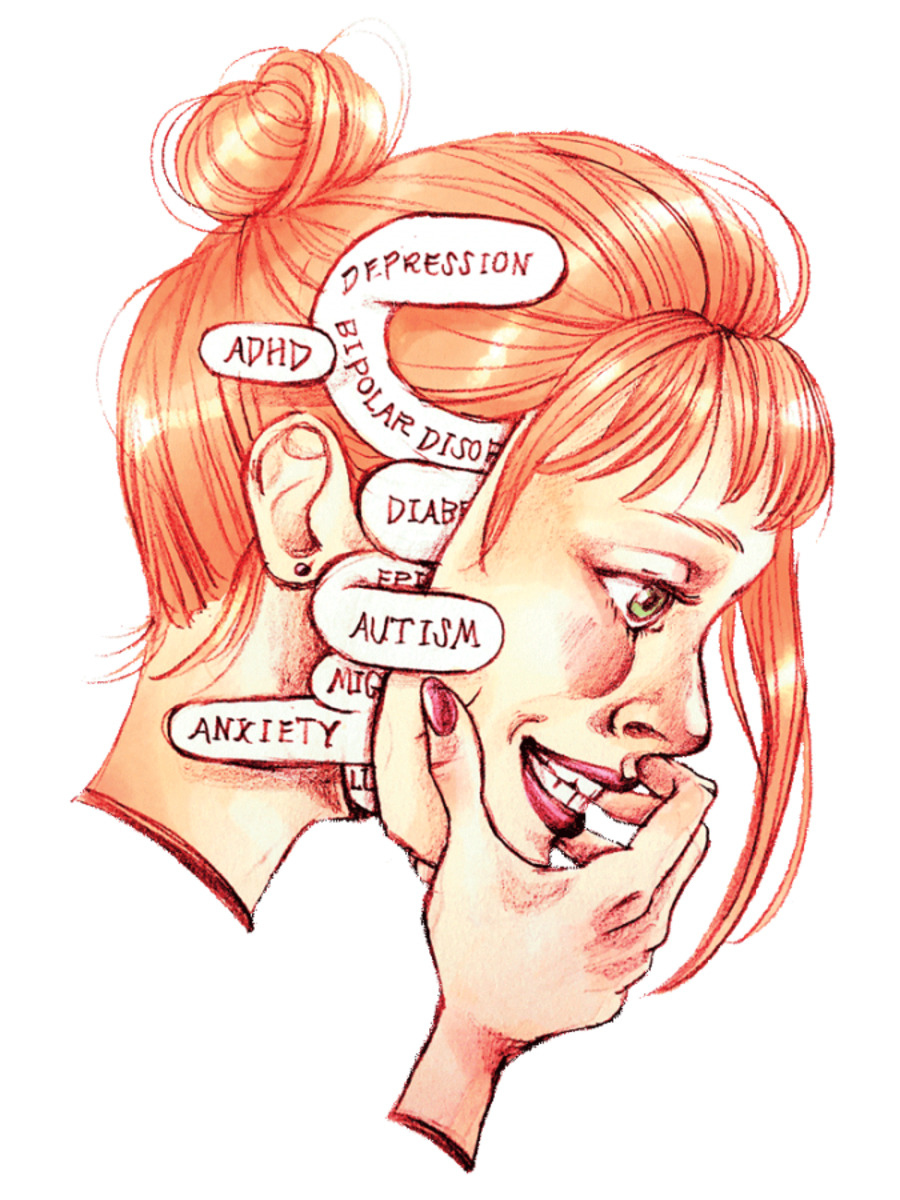Many people want to know: is adhd real? Or is it just a made-up disorder?
There are thousands of people who ask, is adhd real? Are they wrong in asking this question? The answer is no, they are not. It is quite understandable that there would be sceptics out there given the negative publicity surrounding not only the disorder itself but also the medications used in treating the symptoms of the disorder. Let us take a look at some of the following concerns that people who question whether the disorder is real or not tend to raise:
1. Many millions of children are diagnosed with ADHD every single year not only in the United States but in other countries around the world as well. For more than ten years that figure has risen with each passing year.
Those who doubt an ADHD diagnosis is legitimate and ask, is adhd real point out that it seems that up until a few years ago nobody had ever heard of the disorder. They query the possibility that children are diagnosed with ADHD even when they do not have the disorder at all. However ADHD has been around for a lot longer than most people realize and it has been extensively studied and researched. It has only been known as Attention Deficit/Hyperactivity Disorder for the last half a century or so but the symptoms have been in existence for a lot longer. Unfortunately there have been many instances where children have been misdiagnosed but that should not call the disorder itself into question.
2. Millions of children are on very dangerous medications to treat the symptoms of ADHD and some have died as a result of taking them.
It is true that ADHD is usually controlled through a combination type approach to treatment that involves both medications and therapy. The medications prescribed include drugs such as Adderall, Ritalin, Strattera, etc. These are all very dangerous drugs and they do carry the threat of side-effects. The drug companies and mental health professionals point out that most, if not all medications carry side-effects and many are considered dangerous. While there have been deaths that have occurred when a child was on ADHD medication it is important to keep this in perspective. For instance there have been roughly 185 deaths over a 12-15 year period, not nearly as many as some would think or have been led to believe. Also, there are thousands of children who take ADHD medications and respond well to the treatment.
3. The only reason why some children are diagnosed with the disorder is because of poor parenting and lack of discipline.
This could not be further from the truth. Poor parenting and lack of discipline do not cause the symptoms of ADHD. In fact there is a long list of criteria that the mental health expert will use during the process of evaluating the child in order to determine whether they have ADHD or not.
The question: "is adhd real?" is a legitimate one and the answer is yes, it is a real disorder. Research and tests have shown that the brain of a child with ADHD is different from that of a child who does not have the disorder. The symptoms are easy to identify especially in children although in adults it is somewhat more difficult to diagnose the disorder.
4. If ADHD is real it can simply be treated by changing the child's lifestyle and diet.
There has been plenty of evidence provided by parents with ADHD children that suggests that certain changes to the child's lifestyle and diet can have hugely beneficial results in reducing the symptoms of the disorder. Children with ADHD respond well to diets that contain foods that are good for the brain, that take part in competitive sports, that get enough exercise, and that learn relaxation therapy such as yoga for example. However one needs to realize that as yet no research supports the theory that an improper diet causes the symptoms of ADHD. Likewise the child that watches too much television and spends too much time playing computer games is not going to suddenly become ADHD or exhibit the symptoms of the disorder.








